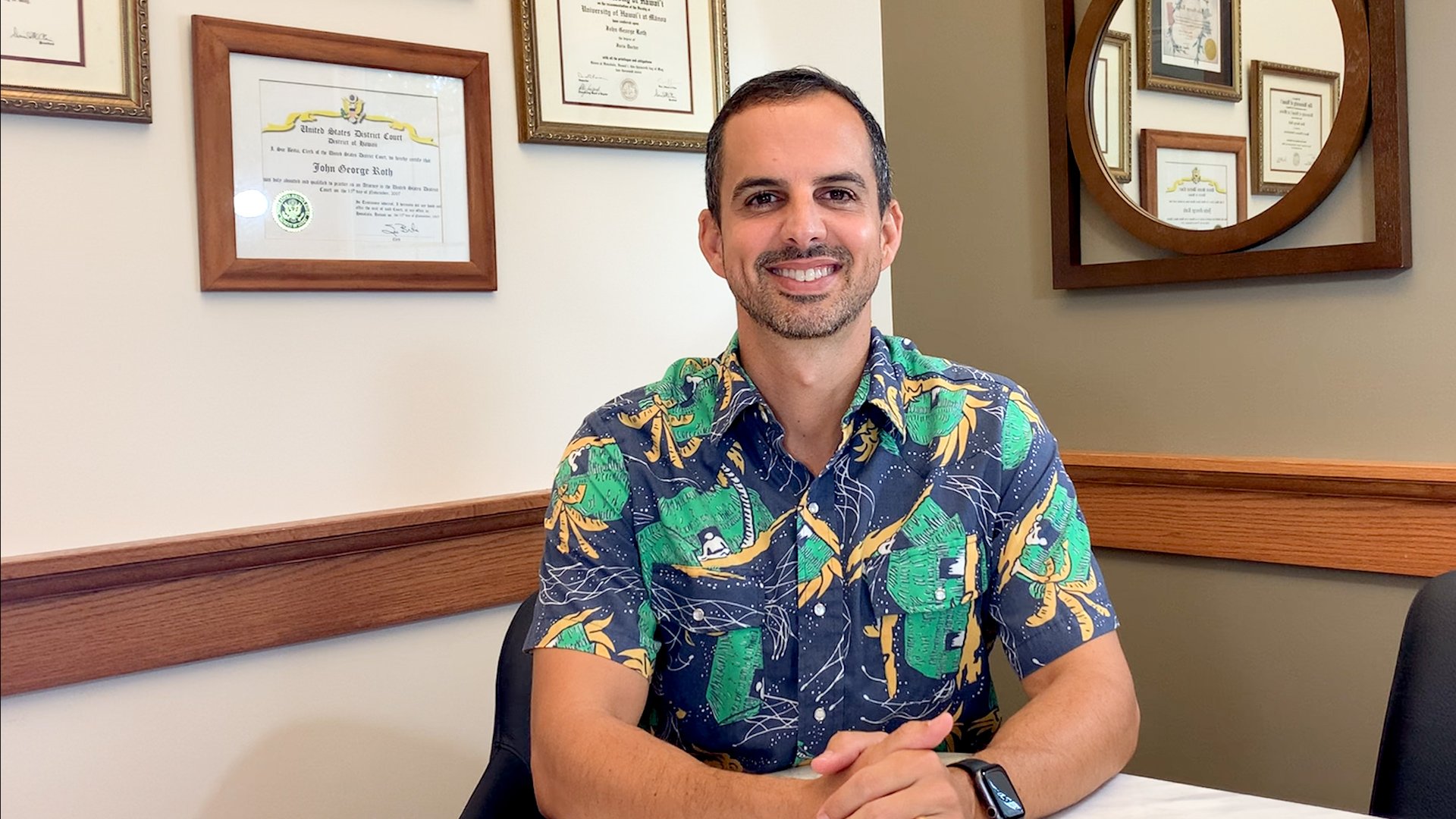The best plan is what an informed person decides.
Everyone has a different story. Until you sit down with an attorney, it's difficult to know what your options are. In most estate planning cases, the first meeting is complementary and we will give you a quote for the option you choose, before moving forward with your plan.
Do you have an existing estate plan?
To prepare yourself for the first meeting, you can use the worksheet that best fits you below.
Estate Planning Newbies
If you have no estate planning documents, we can educate you on your options, and help you set up a plan to fit your goals.
Estate Planning Reviewers
If you already have a Will or Trust and want want to review it because life and law changes, we can help.
If you have any questions, please do not hesitate to email or call our office at (808) 334-3343.
Whether you are a Newbie or a Reviewer, we will focus on understanding your current family situation, assets, and goals. At our first meeting, we ask questions, listen closely, and provide solutions to accomplish your goals. We are ready to help you through the planning process.
What should be brought to the first estate planning meeting?
An attorney will walk you through the process of the initial interview, but the more information you have available to share, the more productive the first meeting is. Generally, please have an idea of what you own and how the primary assets are titled. Also, we recommend starting the conversation with your spouse/partner, if any, about what you would like to happen to your assets after your lifetime and who you would like to be in charge of carrying out your wishes.
If you have any of the following documents or information, please bring them to the meeting:
Real property deed(s) (if not available, tmk or physical address)
Current estate planning documents (if you have a will, trust, durable power of attorney, advance healthcare directive, etc.)
Life insurance policies
Full legal names of designated beneficiaries
Approximate net worth













What assets should you put in your trust? Avoiding probate, planning in case of incapacity, and making things as easier for loved ones after your death are all things to consider.